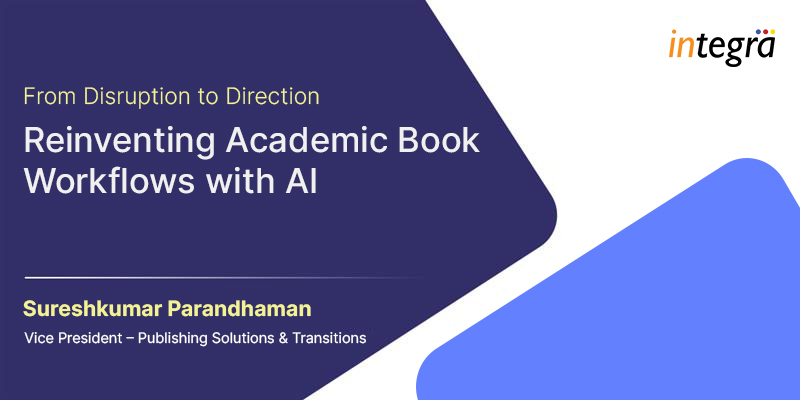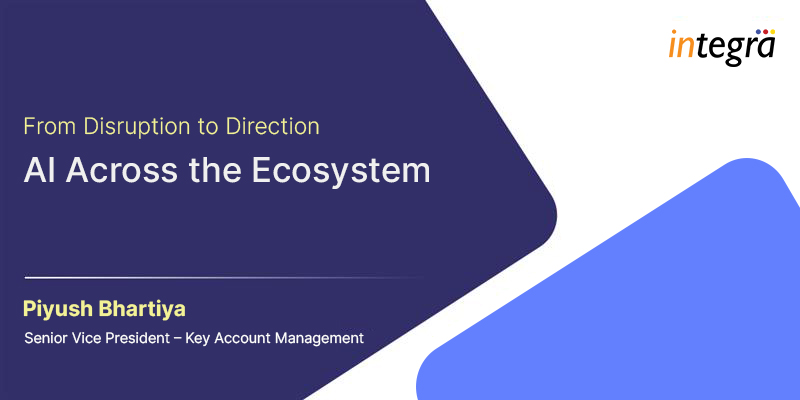
Introduction
In a world rapidly morphing through digital revolutions, the intersection of AI technology for publishers is not just notable but game-changing. For both seasoned and emerging publishers, understanding and integrating AI tools and methodologies is paramount to achieve distinction in the publishing cosmos.
The Age of AI in Publishing
The publishing world’s trajectory from ink and paper to digital screens was only the inception of its evolution. Today, AI is weaving its intelligence throughout the publishing spectrum. Beyond merely aiding, it’s reconstructing workflows, cultivating richer content, optimizing distribution routes, and intensifying the depth of reader engagement.
According to the Press Executive Director of Johns Hopkins University, Barbara Kline Pope, while AI can “revolutionize all aspects of publishing,” marketing is the “low-hanging fruit of AI.”
AI-Driven Content Creation
Natural Language Processing (NLP)
Delving deeper into the AI realm, NLP emerges as a linchpin. Its capabilities extend beyond mere text processing; it deciphers intricate patterns, emotions, and contexts embedded in human language. This profound understanding paves the way for content that’s not just written but crafted with precision. Publishers harnessing NLP can anticipate reader responses, sculpting content that strikes chords and engenders loyalty.
Predictive Text & Editing
The futuristic vision of a co-author that’s virtual, perpetually available, and astoundingly accurate is realized with AI’s predictive text and editing functions. This co-author offers nuanced suggestions, rectifies slip-ups, and aligns content to a consistent tone and style. This AI intervention implies that publishers can reduce manual editing overheads, accelerate time-to-publish cycles, and assure content that meets impeccable standards.
Assisted Research
Generative AI tools can help authors by aggregating research and synthesizing content in a way that mimics the author’s voice. While there still are concerns regarding the ability to check facts and produce original content, the benefits of AI far outweigh the risks.
Enhanced Content Discovery & Personalization
Recommendation Engines
Peering into the intricacies of recommendation engines reveals a marvel. These AI constructs meticulously chart reader journeys, making sense of seemingly random clicks, reads, and pauses. Armed with this insight, they preemptively serve content that readers would find most captivating. The domino effect for publishers is a cascade of benefits: longer site visits, deepened reader trust, and the elevation of the overall user experience.
Semantic Search Enhancements
Traditional keyword-based searches are becoming passé. Today’s AI-augmented search systems discern not just terms but the intentions and nuances behind them. For publishers, this signifies that their content doesn’t just surface but does so in the most apt scenarios, making every piece of content a potential answer to a user’s query and deepening reader-publisher connections.
Efficient Content Distribution & Marketing
Programmatic Ad Buying
AI tools can analyze market trends, sales data, and reader preferences to recommend marketing and distribution channel recommendations, including suggesting which social media platforms to target.
In the digital advertising labyrinth, programmatic ad buying emerges as a beacon. Here, AI doesn’t just place ads; it strategically positions them after evaluating numerous factors, from user demographics to browsing patterns. Publishers benefit from maximized ad visibility, assured relevance, and subsequently, a more robust revenue stream.
Content A/B Testing Automation
Guesswork is retired when AI enters the content strategy room. With sophisticated A/B testing tools, publishers can pit content variations against each other, drawing insights from real-world responses. The aftermath is content that’s been vetted by the audience, guaranteeing amplified engagement rates and greater reader satisfaction.
Improved Reader Engagement & Retention
AI can analyze custom metrics in real-time to help publishers best monetize their content. AI-powered tools can identify content with the highest traffic and then trigger customized CTAs to optimally monetize that content.
Chatbots and Virtual Assistants
Beyond mere query resolution, modern AI chat solutions are conversation architects. They interact, inform, and even entertain, offering readers an engagement level that’s unparalleled. The upshot for publishers is twofold: readers find instantaneous resolutions, forging a bond of trust, and they tend to linger, exploring more content and deepening their association with the publisher.
Predictive Analytics
The predictive prowess of AI is akin to a crystal ball for publishers. By analyzing past data and behaviors, AI crafts forecasts about future reader actions. This foresight equips publishers to strategize, from content topics to release timings, ensuring they’re always a step ahead in resonating with their audience.
Conclusion
A 2022 survey by the World Association of News Publishers revealed that 75% of publishers believe that AI will be critical for business success by 2024. As the chapters of the publishing story unfold, AI emerges as its most compelling protagonist. The tools, insights, and efficiencies it introduces are transforming the publishing narrative. Progressive publishers will heed this trend, harnessing AI’s might to author a future where content is not just consumed but cherished.
Recent Blogs

Research Integrity vs. Publication Integrity: Clarifying Responsibility in Scholarly Publishing

From Disruption to Direction: Reinventing Academic Book Workflows with AI


